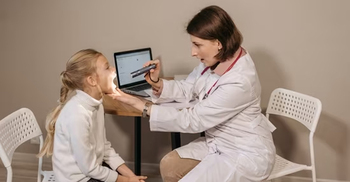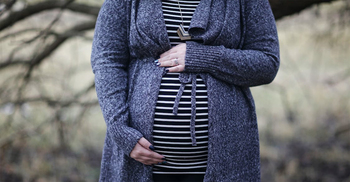What should you do if you are alone and have a heart attack?

A heart attack doesn’t come with warning signs and given our nuclear existence these days, chances are that some of us, mostly the elderly, may experience an episode when we are alone at home. So how do you know you are having an event?
Usually men 45-years-old or older and women who are 55 and above have an increased risk of suffering from a heart attack if they have co-morbidities like diabetes, obesity and stress, a family history of heart attack and are sedentary in habits.
Watch out for chest pain, particularly in the centre of the chest. Although this is an identifiable marker, the pain could radiate to the left arm, right arm, the torso, going up to the right side of the chest and the jaw. Do not ignore any kind of discomfort if it is of a type that you have not experienced before and lasts for more than 20 minutes. Also, watch out for any breathing difficulty that you may not have had before but are experiencing for the first time.
You might get a feeling of heaviness, tightness, pressure, aching, burning or numbness. The sensation can either last several minutes, go away, or come back repeatedly. You might feel nausea, exhaustion, anxiety and experience rapid or irregular heartbeat.
Read More: Heart health: Dos and don'ts to keep your heart safe in 2023
Relax and do not panic, have a Sorbitrate (5 to 10 mg) under your tongue. If you get relief from discomfort, then chances are you had a cardiac event. You can take any standard aspirin tablet (300 mg), Clopidogrel (300 mg) and Atorvastatin (80 mg) at the same time. Then you should go to the nearest hospital for an ECG. Even if you do not have a cardiac event on examination, then all these tablets are safe and will not cause any side-effect in an emergency use scenario. Chewing on aspirin within 30 minutes of the onset of symptom inhibits platelet development and delays the formation of blood clots. By chewing the medicines, you help it get easily absorbed into your bloodstream.
Some patients complain of profuse sweating and dizziness because of a sudden fall in blood pressure rather than a cardiac event. In such a scenario, when the BP is low, the patient should not take Sorbitrate as it may lower the BP further. In such a scenario, lie down.
Read More: What are cardiac arrest, heart attack and heart failure?
Once you are in a manageable condition with these tablets, call the ambulance service to transport you to the nearest hospital. Do not ignore this even if your symptoms are mild and subtle. Get a basic ECG done to identify what’s wrong. All elderly people should keep numbers of their neighbours and friends at all times because their sons and daughters or immediate family members may be far away. Sometimes calling over somebody you know helps you calm down and think straight. And they may assist you in seeking medical attention and driving you to a facility. Even if you feel better after taking emergency medicines, do not attempt to drive alone.
Lie on your back and raise your legs upward. This opens up the diaphragm, making it easier for you to breathe and supply oxygen to your blood. Take deep breaths of fresh air to oxygenate your heart better.
You should get treatment for your heart attack within the first hour of your initial symptoms. Delay means that your heart cannot repair the damaged tissue and lead to scarring and cell death. The ultimate goal is to pry open the constricted artery as soon as possible. Of course, once you are in hospital, doctors will take care of you, whether by way of intervention or putting you on medication along with lifestyle correction, diet changes and a rehabilitative regime.
Source: The Indian Express





